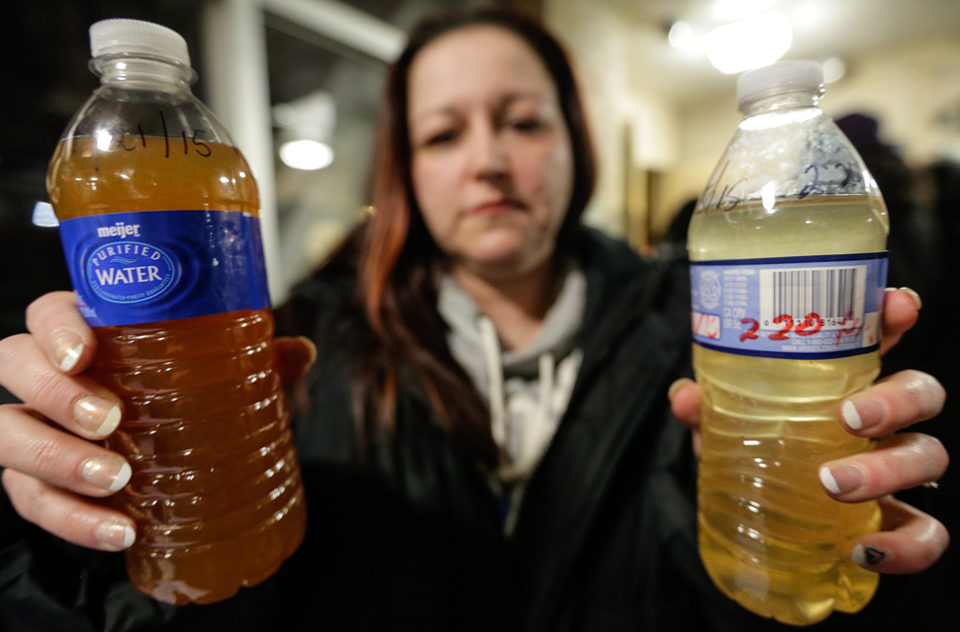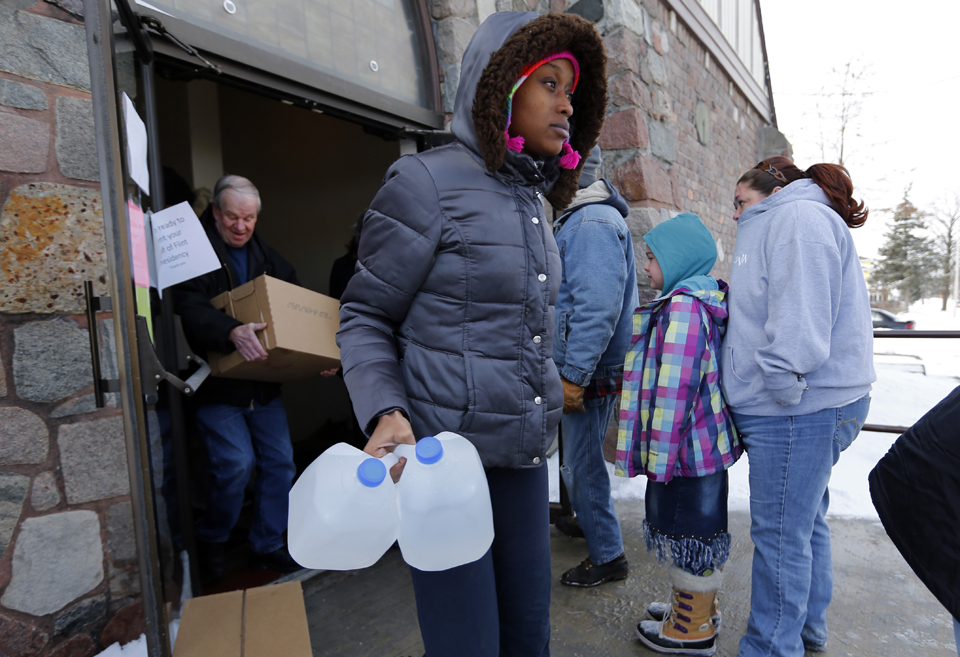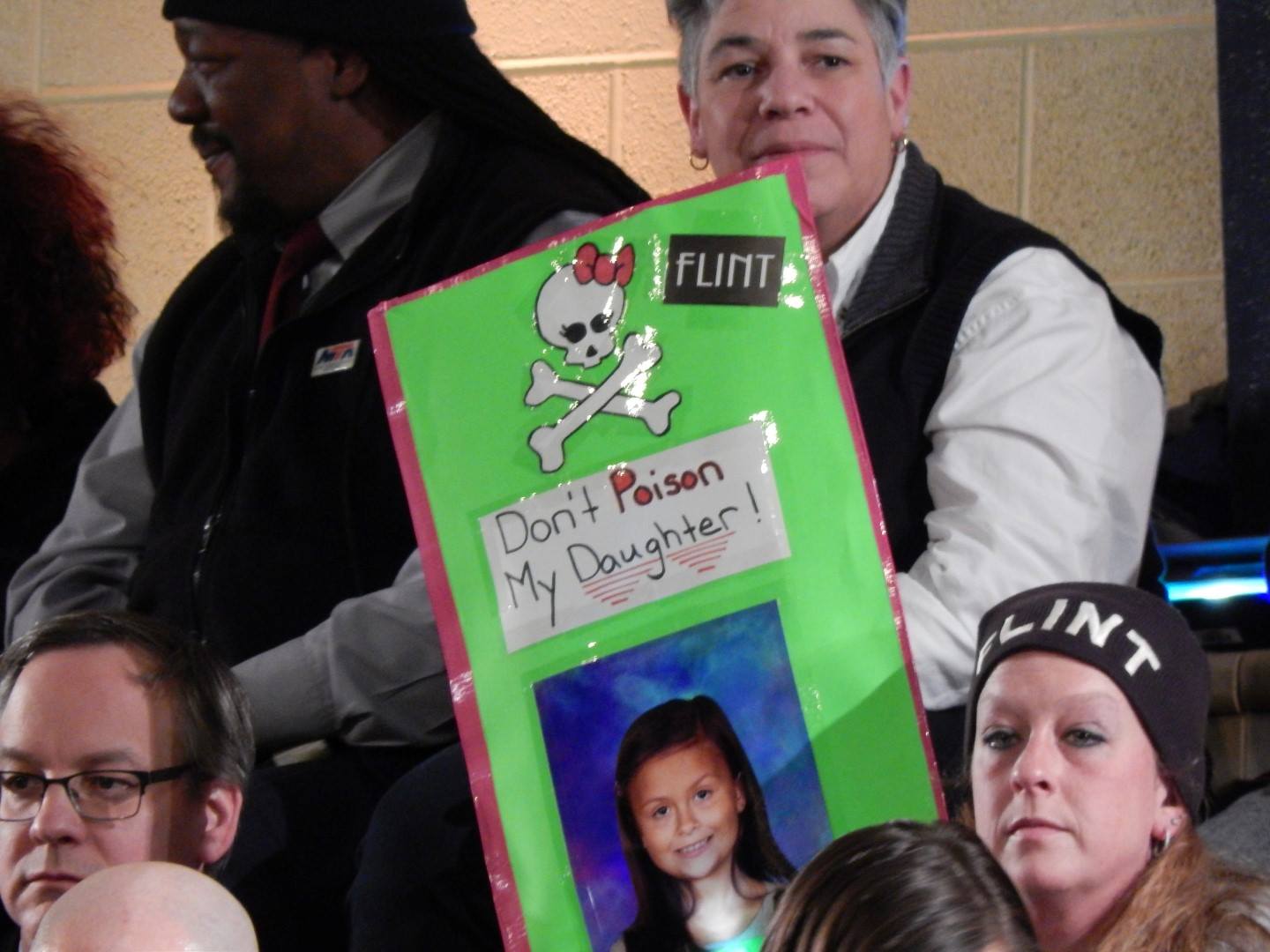The Neglected Importance of Relative Inequality in Fighting For Better Health
As future physicians, understanding the consequences of absolute resource levels impact health is critical. A physician who advises a better diet to somebody without the ability to act on that advice is of little more use than the physician who prescribes an imaginary medication. However, institutes of medical education do a disservice to their students by keeping the conversation so narrow. Medical schools must begin to more fully teach how relative inequality impacts health.




